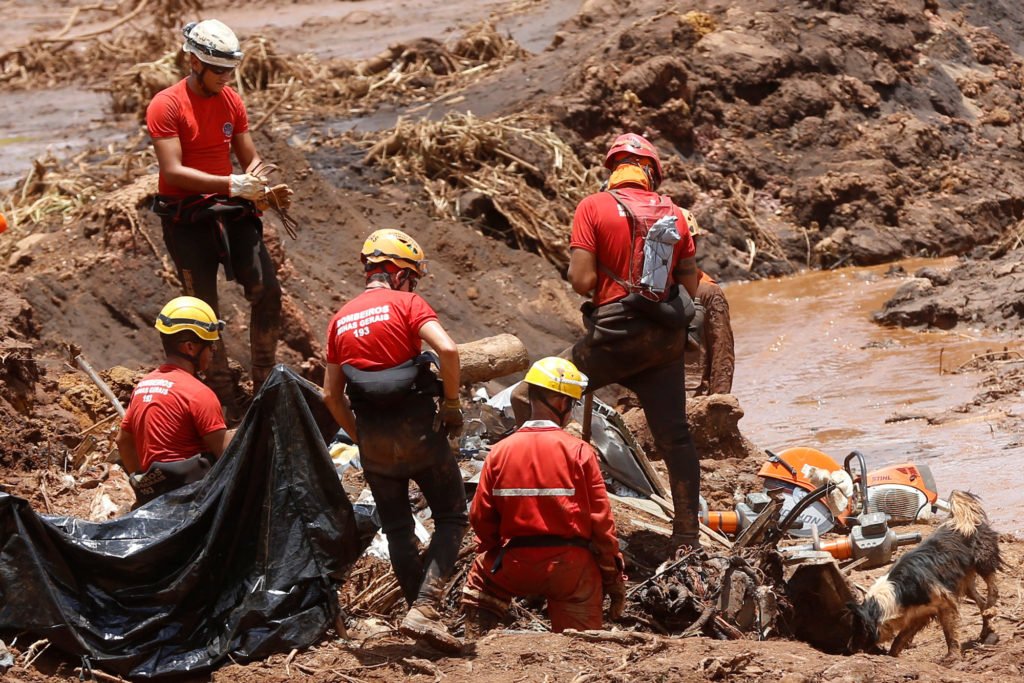Environmental crime from the perspective of the economic theory

With the increasingly evident impacts caused by climate change and also by direct human action, environmental damage and/or crimes have become commonplace. In this sense, Economics allows us to analyze the phenomenon from a different perspective through the Economic Theory of Crime by Gary Becker (1968) ¹ considering that the practice of environmental crime can occur from a rational decision of the agent when weighing costs and benefits.
Becker (1968) considers criminal activity as a branch of the economy. Agents, whether these individuals, institutions, or companies, decide between committing the crime or not when considering that the benefits exceed the costs of the action. The gains can be monetary or by a perception of increased utility or agent satisfaction, so environmental crime can be analyzed from this perspective, considering an analysis of cost versus benefit through what is established as crime or environmental damage by current legislation. The cost would include punishment, probability of being identified and punished, and/or possible direct or indirect sanctions.
In the Brazilian case, the Law n. 9605, from February 12, 1998 (Environmental Crimes Law), establishes from a legal point of view what are considered environmental damages and/or crimes in the country. However, what causes the phenomenon, its determinants may not yet exist a consensus. It is at this point specifically that the contribution of Economic Science stands out, enabling a different look in the analysis of the theme, considering that the agents will make the rational decision to practice or not an environmental crime, analyzing a cost-benefit relationship, considering the possible gains and costs criminals to enter into crime.
¹BECKER, G. S. Crime and punishment: an economic approach. The Journal of Political Economy, v. 76, n. 2, p. 169-217, mar./abr. 1968.,
João Paulo Moreira de Carvalho Souza. Dr. em Economia Professor do Curso de Ciências Econômicas Universidade Estadual de Feira de Santana - UEFS August 2021
Read other texts by João Paulo Moreira de Carvalho Souza

